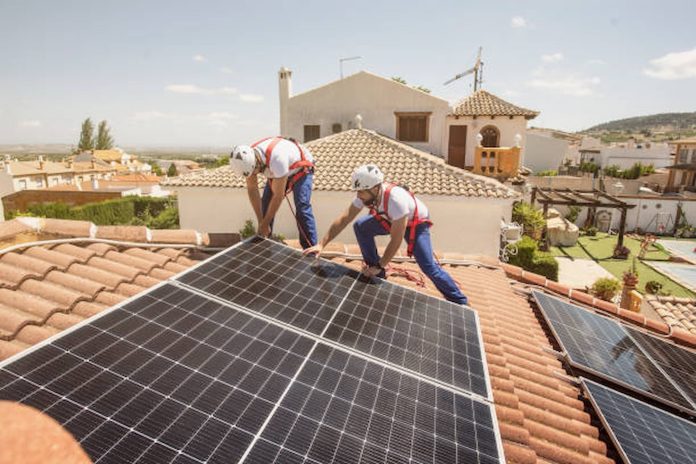The growing concern about environmental sustainability has prompted many homeowners to explore alternative home energy sources in recent years. One increasingly popular option is solar panels, which harness the sun’s power to generate electricity. Before deciding if solar panels are right for your home, it’s essential to consider various factors such as cost, location, and environmental impact.
The Upfront Cost vs. Long-Term Savings
One of the primary considerations when contemplating solar panels is the cost involved. While the initial investment may seem daunting, viewing it as a long-term investment with potential financial benefits is crucial. Improvements in tech have significantly reduced the cost of solar panels in recent years, making them more accessible to homeowners.
Additionally, many governments offer incentives, rebates, and tax credits to get people to switch to solar energy, further offsetting the upfront expenses.
Return On Investment
The return on investment for solar panels is often realized over the years through reduced electricity bills. Solar panels generate electricity during daylight hours, allowing homeowners to harness the power of the sun and potentially even sell excess energy back to the grid. The savings you make over time on electricity bills can offset the initial installation costs, which makes solar panels a financially viable option for many households.
Is Your Home Sun-Ready?
Your location plays a key role in determining the effectiveness of solar panels. Regions with abundant sunlight are naturally more suited for solar energy production. However, this doesn’t mean that solar panels are only suitable for sunny climates. Even in areas with less consistent sunlight, advancements in solar technology, such as enhanced efficiency and energy storage options, have made solar panels feasible for a broader range of locations.
Environmental Impact
Solar energy is a renewable source of power that produces minimal greenhouse gas emissions compared to traditional energy sources. By harnessing the sun’s energy, homeowners can decrease their carbon footprint and work towards a more sustainable future. The production and discarding of solar panels have some environmental impact, but ongoing research focuses on making the production process more eco-friendly.
Assessing Your Home’s Energy Needs
Before deciding on solar panels, it’s advisable to do a thorough assessment of your home’s energy needs. Consider factors such as the size of your household, your daily energy consumption, and any future changes in energy usage. A professional energy audit can give you valuable insights into your home’s energy efficiency and help you decide the appropriate size and type of solar panel system for your specific needs. Speaking to solar panel installers like nowev.co.uk is also a sensible first step.
Roof Orientation And Shading
Another big factor to consider is the orientation and shading of your property. Solar panels are the most effective when they are in direct sunlight for a significant portion of the day. Assess the orientation of your roof and ensure that it allows for optimal sun exposure. Additionally, shading from nearby trees or buildings can impact the efficiency of solar panels, so it’s essential to evaluate and address any potential shading issues.
Low-Maintenance Sustainability
Maintenance is often a concern for prospective solar panel adopters. Fortunately, solar panels are generally low-maintenance. Regular cleaning is fundamental to remove dust and debris and keep them operating efficiently. Many solar panel systems also come with warranties that cover maintenance and repairs, providing homeowners with peace of mind.





























